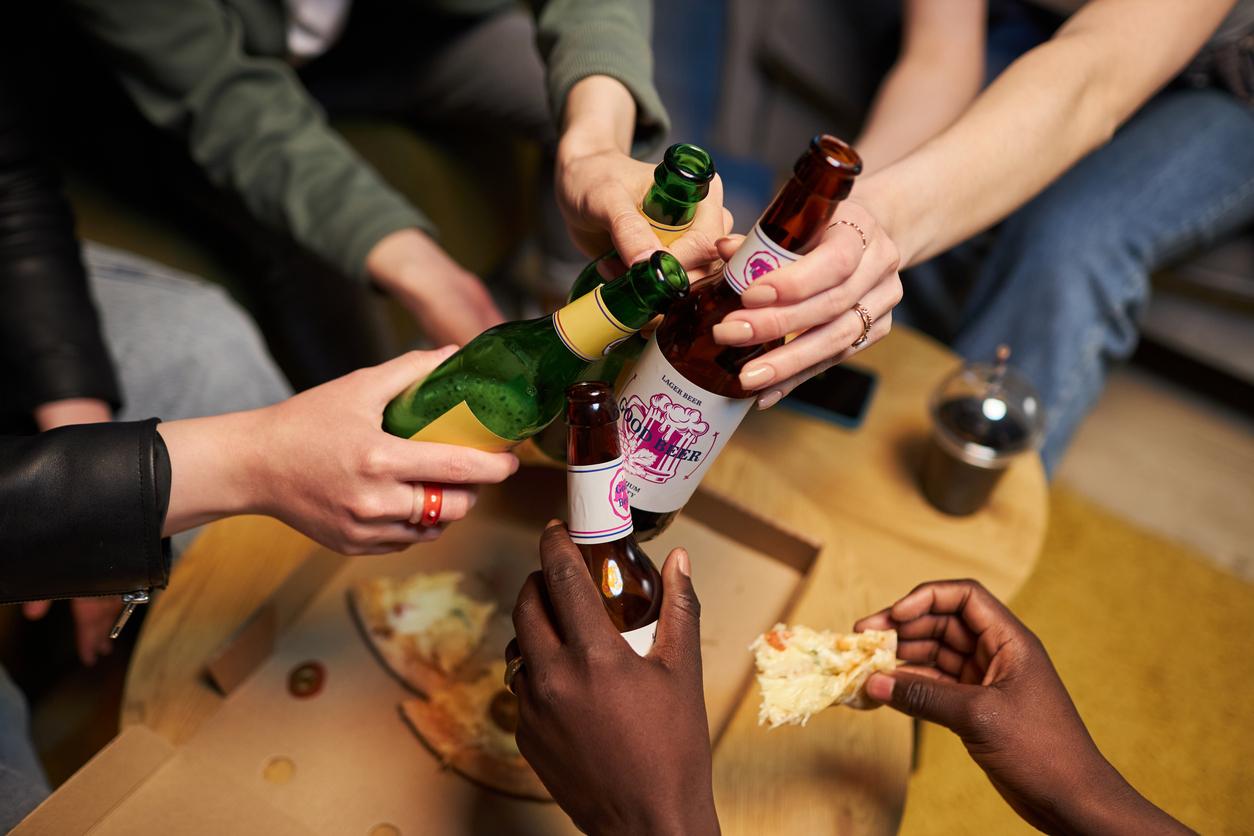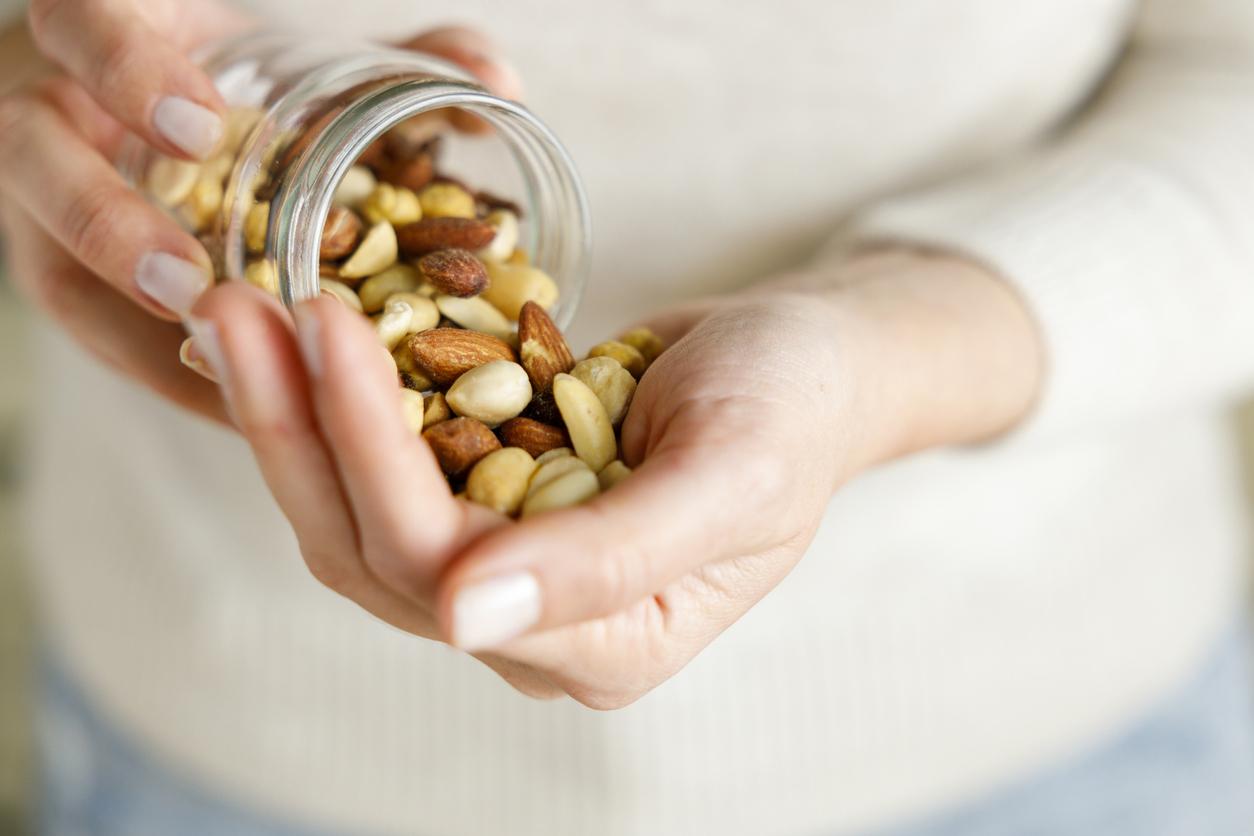It all started in 2011, when this 46-year-old American was treated with antibiotics. At the end of the treatment, he regularly began to stagger and fall. And he was even arrested on suspicion of drunk driving, when he swore he hadn’t touched a drop of alcohol. His doctor and his family were convinced that he was simply drinking on the sly.
All the symptoms of extreme alcoholism
The truth was much more surprising and unexpected. Antibiotics had allowed certain fermenting fungi and bacteria in the gut to grow haphazardly. And every time this American ate a pizza, a portion of fries or drank a soda, the legions of bacteria dutifully turned carbohydrates into ethanol, bringing on all the symptoms of extreme blood alcohol levels.
Self-brewing syndrome also called gut fermentation syndrome is a rare and underdiagnosed digestive disease, as this patient’s doctors explain in the BMJ Gastroenterology. The disease is linked to a buildup of yeast called Saccharomyces cerevisiae inside the intestines. This fungus is found in starchy foods (bread, rice) and even in certain food supplements (probiotics). It is this same yeast that is used in the alcoholic beverage industry because it can create alcohol from sugars. Blood tests show such high levels of alcohol in the blood that doctors may suspect high blood alcohol levels.
Is it curable?
Scientists still don’t know exactly why the syndrome kicks in all of a sudden, and haven’t yet developed a reliable way to prevent it from developing. Patients with the disease are first prescribed an antifungal treatment to eliminate the yeast, combined with probiotics to reintroduce good bacteria into the intestines.
They are then forced to follow a strict diet without sugars, starches or alcohol, in order to reduce the risk of involuntary fermentation.
Read also :
- Unusual: he has a hangover after eating fries
- More than 300 million people are affected by rare diseases worldwide
- What exactly is chewing gum disease?
















